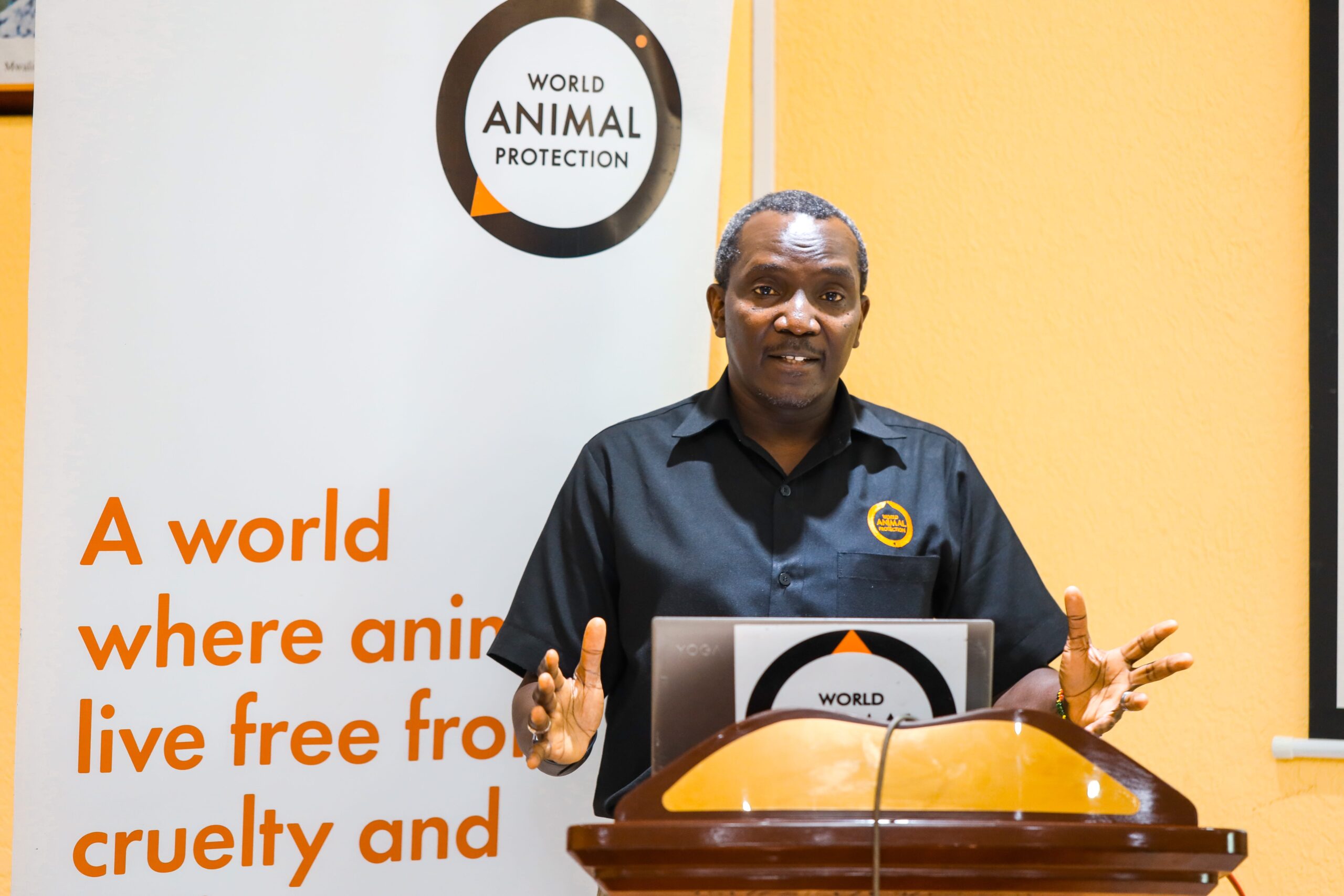Around the world, every year, billions of farmed animals – chickens, pigs, goats, cows, and others – are fed billions of doses of antibiotics through their water and feed as part of disease prevention. The drug is administered regularly to the entire herd instead of only those animals observed to be sick, resulting in the overuse of antibiotics on the animals.
But not only does this practice pose a high risk to the lives of the animals, but it also impacts human health significantly as human populations come in contact with these animals and also consume them.
The use of antibiotics in animals raises the risk of transferring drug-resistant bacteria to humans either by direct infection or by transmitting “resistance genes from agriculture into human pathogens,” said a 2018 research.
In 2019, 1.2 million people died from bacteria resistance to antibiotics worldwide, far beyond those caused by AIDS and malaria. With each 24 out of every 100,000 deaths caused by drug-resistant infections, Sub-Saharan Africa is the most affected. Europe records 25,000 deaths yearly, and the US, where about two million people develop drug-resistant infections annually, counts 23,000 deaths every year according to the US Centers for Disease Control and Prevention.
Researchers predict that by 2050, antibiotic resistance will cause 10 million deaths every year, more than cancer as the leading cause of mortality worldwide.
Within Europe, where 300 million caged farmed animals and 7.2 billion meat chickens are slaughtered each year, authorities have been working to reduce drug resistance among humans and prevent deaths. So today, the European Union’s new laws banning farmed animals from being routinely fed a diet of antibiotics came into effect.
The World Animal Protection says the move is the most progressive globally regarding the fight against antimicrobial-resistant infections.
“The new regulations mean that only sick, individual animals (and not whole herds) may be administered antibiotics. It is now illegal to use antibiotics to compensate for low welfare practices,” it said in a statement sent to one of PRIME PROGRESS‘ editors.
“The overuse of antibiotics is resulting in a global public health crisis, with as many as 3,500 human deaths worldwide from antimicrobial-resistant infections (superbugs) on a daily basis. Around three-quarters of the world’s antibiotics are used on farmed animals, especially on cruel factory farms. In contrast, animals living in high welfare farms are healthier and more resilient to disease and are not reliant on antibiotics.”
The new law is expected to affect the decision of large-scale African farmers. Farmers in Africa are expected to reject imports of live animals or animal products where antibiotics have been used to promote animals’ fast but unhealthy growth.
But it is not enough to bring a law to effect; full implementation and enforcement across Europe and with trade partners must be done, the World Animal Protection said.
“Behind closed doors, chickens are grown so fast they can’t even stand, and piglets are routinely mutilated. Billions of animals born into factory farms live a life of misery. This may provide people with cheap meat, but we are paying the price with our health,” said Victor Yamo, Farming Campaigns Manager at World Animal Protection.
“Today, the EU is paving a bold new path to address the global superbug crisis. Farms are going to have to lift their game. All countries around the world need to wake up to the fact that pumping animals full of antibiotics to mask poor welfare absolutely has to stop. We need to end factory farming and ensure remaining farmed animals live good lives in humane and sustainable systems.”
Yamo called on governments around the world to stop approving new factory farms. “Farmed animals should instead be raised in cruelty-free, humane and sustainable systems where their needs are fully met. This will ensure they are more resilient to disease, and routine dosing with antibiotics will not be required.”






